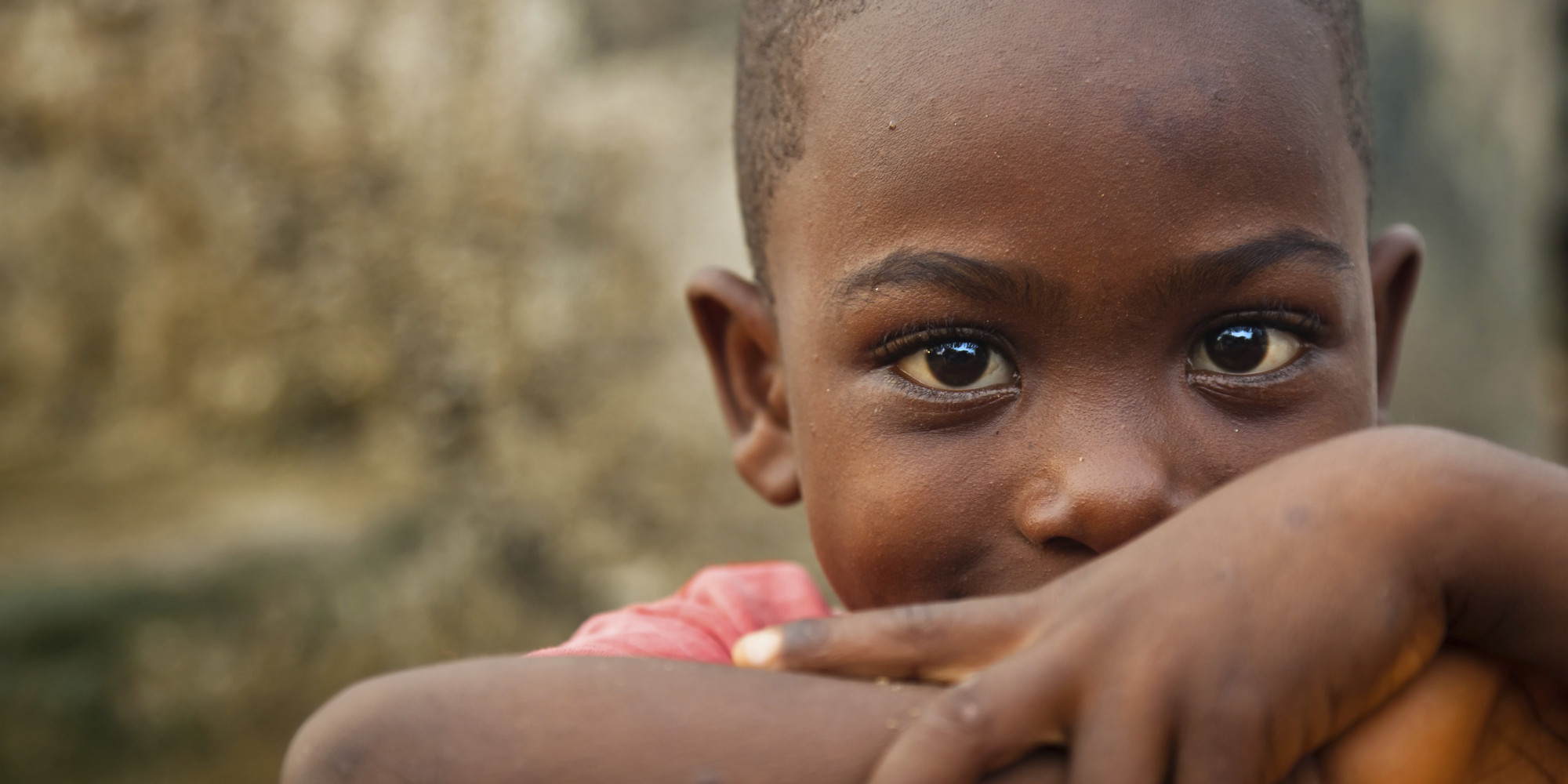Comprehension is the ability to understand and interprete what is read. For your child to be able to accurately understand written material, he/she needs to be able to:
a. decode what they read
b. make connections between what they read and what they already know; and
c. think deeply about what they have read.
d. draw reasonable inferences and facts from the text.
A sizable part of comprehension is having a sufficient vocabulary, or knowing the meanings of enough words (which can be developed too).
Readers who have strong comprehension skills are able to draw conclusions about what they have read. They can identify:
● what is important
● what is a fact
● what caused an event to happen
● which characters are funny.
● what the moral of the story is if any
So, comprehension involves combining reading with thinking and reasoning.
Here are some tips to help you identify that your child is having difficulty in comprehension.
● Not able to summarize a passage or a book.
● They might be able to tell you what happened in a story, but can't explain why events went the way they did.
● Can't explain what a character's thoughts or feelings might have been.
● He/She doesn't link events in a book to similar events from another book or from real life.
What can you do to help
★ Hold a conversation and discuss what your child has read. Ask your child probing questions about the book and connect the events to his or her own life. For example, say "I wonder why that girl did that?" or "How do you think he felt? Why?" and "So, what lesson can we learn here?".
★ Help your child make connections between what he or she reads and similar experiences he has felt, saw in a movie, or read in another book.
★ Help your child monitor his or her understanding. Teach her to continually ask herself whether she understands what she's reading.
Take a moment to read the text in the picture to help with an important skill in comprehension - identifying the main idea.
★ Help your child go back to the text to support his or her answers.
★ Discuss the meanings of unknown words, both those he reads and those he hears. To help them make meaning of more words or increase vocabulary, use those words in your regular discusions outside school work too. Another helpful activity is to make them read a lot...books of their own interests.
★ Read material in short sections, making sure your child understands each step of the way.
★ Discuss what your child has learned from reading informational text such as a science or social studies book.
Find a schedule that works for you and your child and regularly practice all the above and more.
For more engaging reading tips and resources, visit www.readingrockets.org



















.jpg)
.jpg)